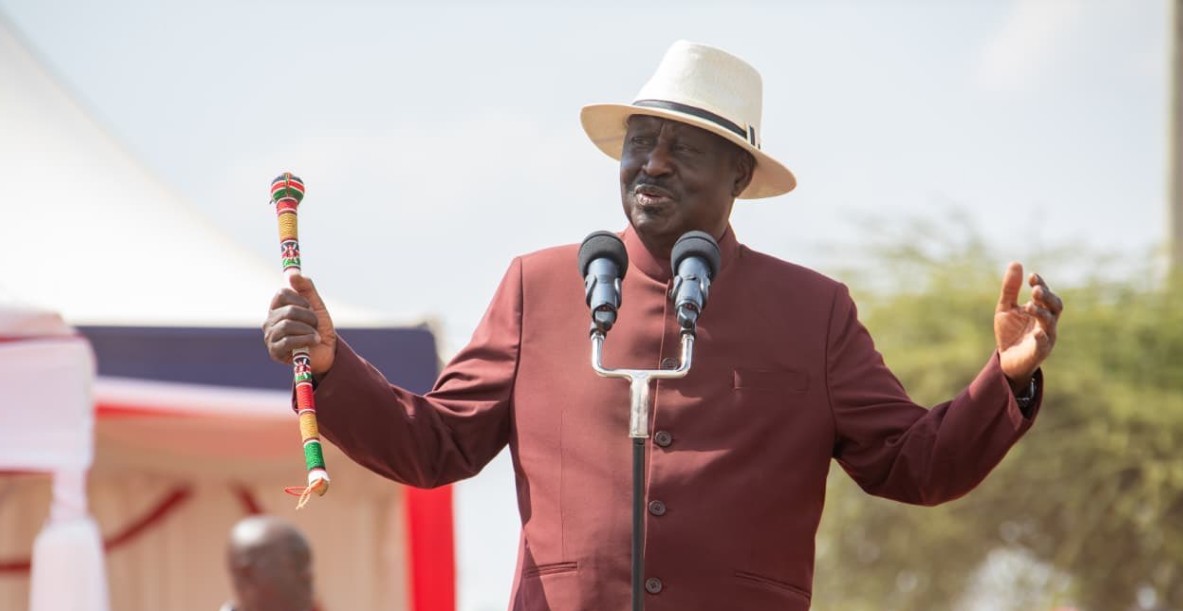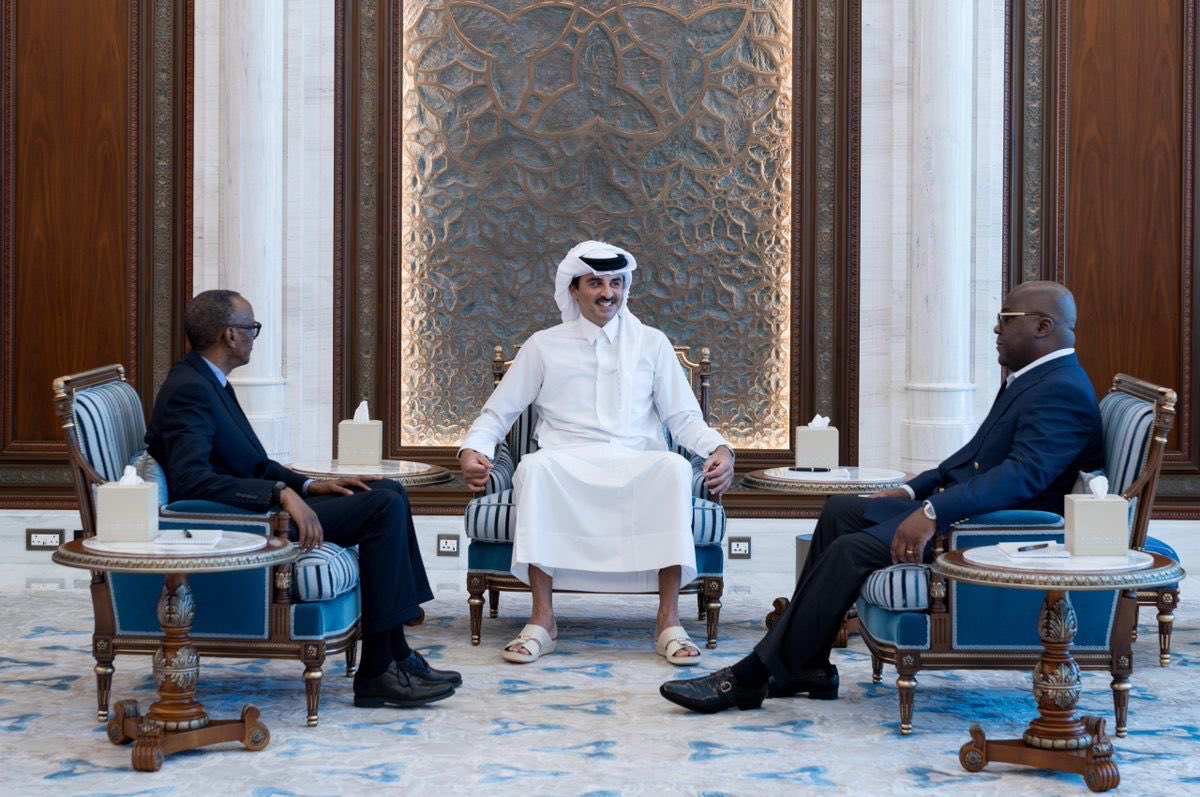Raila backs Kenya Pipeline privatisation, says selling public assets doesn’t mean losing them

Odinga drew parallels with the United Kingdom during Margaret Thatcher’s leadership, recalling how wealthy investors from the Middle East purchased historic properties.
Former Prime Minister Raila Odinga has expressed his support for the State’s decision to privatise non-profitable state corporations.
Odinga specifically highlighted plans to privatise the Kenya Pipeline Company (KPC), emphasising that the move would not strip the country of its assets.
More To Read
- Privatisation Commission issues notice for sale of Kenya Pipeline shares
- Parliament approves plan to use KPC sale proceeds to settle liabilities, compensation claims
- MPs approve strict oversight framework for Kenya Pipeline ahead of privatisation
- Opposition vows court challenge as National Assembly approves Kenya Pipeline privatisation
- Kenya Pipeline, geothermal firm questioned on ethnic inclusivity and regional balance
- Union seeks court orders to halt privatisation of Kenya Pipeline Company
Speaking on Monday, September 22, 2025, during an ODM Parliamentary Group meeting, Odinga clarified that selling certain state-owned corporations should not be perceived as a loss to the nation. He argued that the assets, including the Kenya Pipeline, would remain within the country even if controlled by private investors.
"First, I want to thank Mbadi for bringing out some of the issues," Odinga said. "Like he's talked about selling some assets. Kenya Pipeline Corporation. The pipeline is underground from Mombasa through here. Even if you sell it, where is somebody taking it to? It remains very much here. It is just there on the ground."
The veteran politician drew parallels with the United Kingdom during Margaret Thatcher’s leadership, recalling how wealthy investors from the Middle East purchased historic properties. He cited Thatcher’s response, noting that even if Buckingham Palace were sold, it would still remain in Britain.
"Somebody wants to buy it, buy it. That is what Margaret Thatcher told Britons when the Arabs were coming with petrodollars to buy historical buildings in the UK," Odinga said. "She said, even if they buy Buckingham Palace, where are they going to take it? It remains here, your asset."
Underperforming assets
Raila maintained that privatising underperforming assets would provide the state with resources for development without resorting to expensive borrowing.
He added that the same approach could apply to other major firms, such as Safaricom. Selling shares in the telecommunications company, he said, would not reduce Kenya’s ownership, as the investment would remain in the country.
"If you want to sell the shares of Safaricom, why not? Why don't you sell the shares of Safaricom? It still remains here in the country," Odinga said, noting that such moves could generate substantial funds without undermining national assets.
His comments come weeks after Wiper leader Kalonzo Musyoka issued a stern warning to President William Ruto over the planned sale of KPC.
Kalonzo described the company as a "strategic asset" that should not be auctioned off. The High Court has since issued orders temporarily blocking the privatisation, pending a full hearing.
Consumer groups, including Cofek, have also raised concerns about transparency, national security, and the potential impact on fuel prices. Critics warn that private control could compromise service delivery and reduce government revenue.
Top Stories Today













































